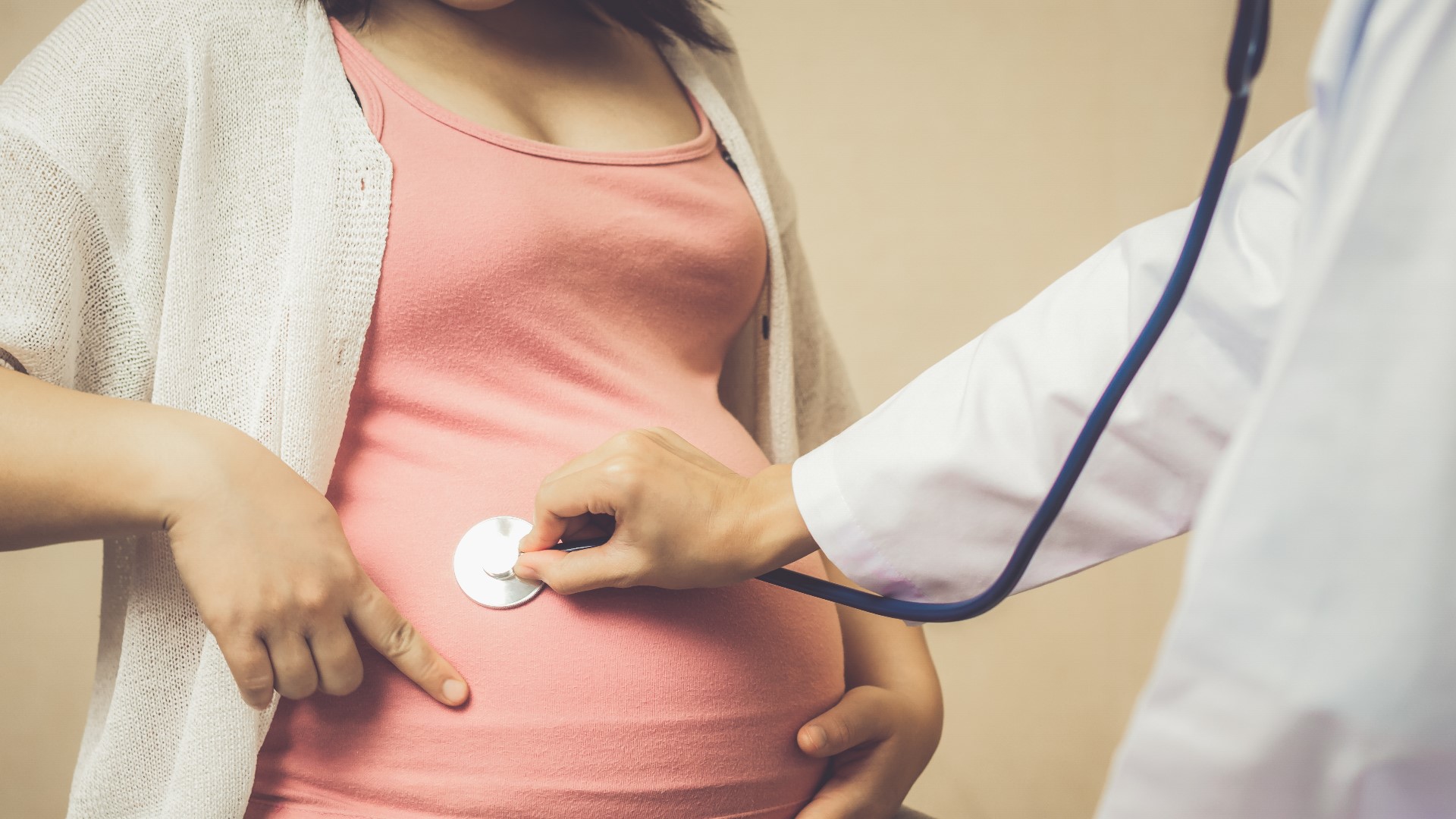NEW ORLEANS — We've learned during the pandemic that pregnant women who get COVID-19 are more likely to go to the ICU, get on a ventilator or breathing tube and even lose their lives.
So, with those heightened risks, should expecting mothers consider getting the vaccine?
Dr. Jane Martin cares for the many severely ill pregnant women hospitalized with COVID-19.
“We've had miscarriages and stillbirths in COVID patients,” Ochsner Maternal-Fetal Medicine physician Dr. Jane Martin said.
She is not only a physician specializing in maternal-fetal medicine at Ochsner, but her third little girl is due any day. She recently got both doses of the Pfizer coronavirus vaccine.
“We know that COVID and pregnancy can really be bad for a pregnant woman, so I weighed those risks with the potential benefits and risks of the vaccine," Dr. Martin said.
Her Facebook post brought out backlash and bad information from commenters.
While she says the vaccine trials have not included pregnant women, and it is unknown if the immunity crosses over to the unborn baby, there is a lot of information about the benefits and safety of other vaccines during pregnancy. This vaccine does not contain a live virus, and nothing gets into the baby's genetics or the cells’ DNA.
“This type of vaccine has been developed and studied by researchers for many years many decades. Scientists have devoted their entire careers to developing this type of vaccine,” Dr. Martin noted.
With fertility, she said the COVID infection, not the vaccine, can decrease testosterone and sperm counts in men. There are no similar infertility issues that have been seen in women.
“There is a rumor floating around on the internet that the COVID vaccine could affect female fertility by affecting early implantation of placentas and that is not true,” she said.
It might be best to get the coronavirus vaccine after eight weeks of gestation. The vaccine causes high fever in a tiny fraction of people, one percent. In general, high fever can harm the baby or cause miscarriage in early pregnancy. So Dr. Martin wants each woman to have this conversation with a doctor.
“What is my risk of COVID exposure? What are my options available to me for the vaccination, and what are the risk and benefits for each of those, because this is not an easy decision for anyone to make,” Dr. Martin said.
She said when it comes to pregnancy, health decisions are best when personalized for each woman.
Along with the CDC, The American College of Obstetricians and Gynecologists and The Society for Maternal-Fetal Medicine, support pregnant and breastfeeding women considering getting the vaccine.

